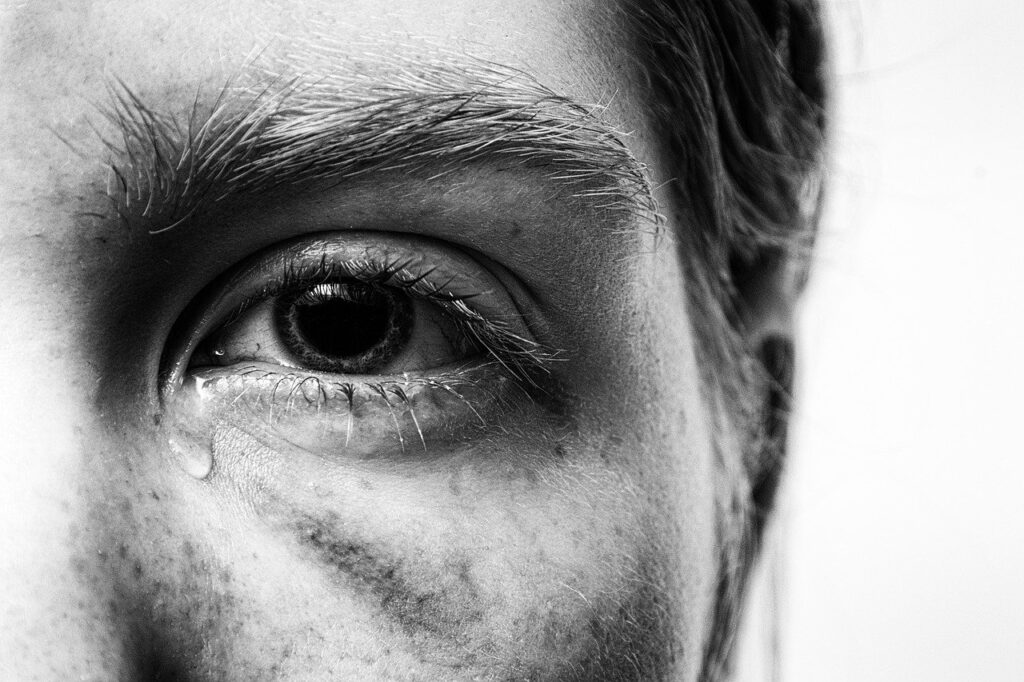PTSD After The Sudden Death Of A Loved One

People form countless relationships throughout their lives – with family members, friends, coworkers, and neighbors. We have the deepest connections with the people we love – these relationships help make us who we are. They contribute to our sense of identity and have the power to transform us, for good or bad. Because of this, the death of a loved one can create numerous psychological issues, including PTSD, particularly if the loss was tragic and unexpected.
Complex Trauma Disorder

Trauma can come in many forms. The soldier returning from active duty in a war zone, the child who lives with physical, sexual, or emotional abuse or neglect, the first responder who must deal with human suffering on a daily basis, and the adult who endures domestic abuse all are experiencing trauma. Complex trauma occurs repeatedly and often involves direct harm to the victim. Its effects are cumulative and generally transpire in a specific setting and, frequently, within a particular time frame or within a specific relationship.
EMDR Therapy Helps Trauma Recovery

Eye Movement Desensitization and Reprocessing (EMDR) is a fairly new therapy that helps specifically in the treatment of trauma recovery and Post Traumatic Stress Disorder (PTSD). PTSD is a disorder that often develops after exposure to a terrifying event or ordeal – one in which intense physical harm occurred or was threatened. PTSD can also result after someone has witnessed an event that is disturbing, distressing, or dangerous. Sufferers of this disorder have persistent, frightening thoughts and memories of their ordeal.
EMDR Treats Past Traumas and Post-Traumatic Stress Disorder
If you suffer from a past trauma, EMDR can provide a much shorter recovery time than many therapies of the past.
